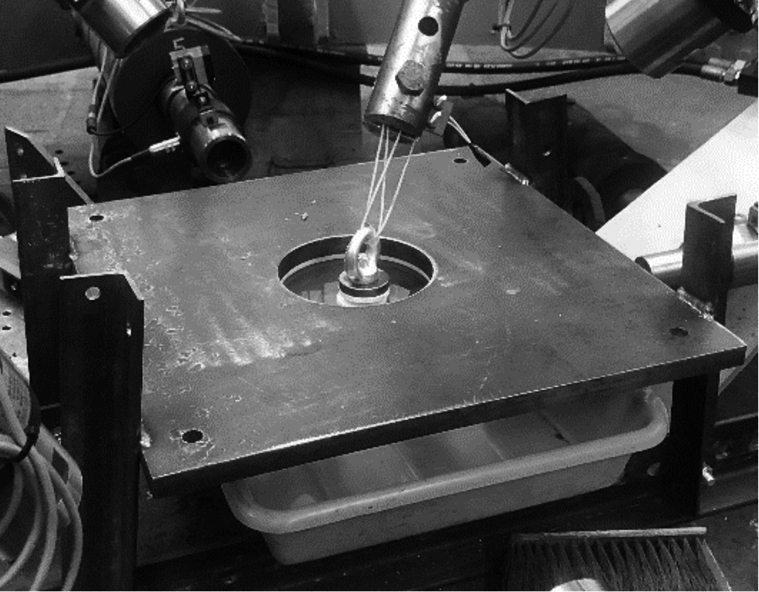Experimental investigation of point-fixed laminated glass with enhanced post-breakage capacity
1
Department of Structural Engineering, Silesian University of Technology, Portugal
2
Faculty of Civil Engineering, Silesian University of Technology, Portugal
Submission date: 2024-06-24
Acceptance date: 2024-07-30
Publication date: 2025-09-16
Corresponding author
Marcin Kozłowski
Department of Structural Engineering, Silesian University of Technology, Akademicka 2A, 44-100, Gliwice, Portugal
Department of Structural Engineering, Silesian University of Technology, Akademicka 2A, 44-100, Gliwice, Portugal
Archives of Civil Engineering 2025;71(3):447-458
KEYWORDS
TOPICS
ABSTRACT
For many years, the transparency of glass has been a major feature that has excited architects to search new applications for this material in architecture. Laminated glass is commonly used for structural elements. This requires a durable bond between at least two glass layers and an interlayer. When the glass is fractured, the interlayer holds the glass fragments together. Introducing reinforcement into the cross-section of glass laminates is a way to improve the load-bearing capacity in the post-failure phase. This paper summarises the main results of the research project "Innovative solutions for point-fixed laminated glass with increased load-bearing capacity" funded by the National Centre for Research and Development (NCBR) under the LIDER XI Programme. The article presents the results of destructive tests on laminated glass panes in three load configurations: in-plane, perpendicular to the plane, and combined loading. An important aspect of the work is the testing of full-scale elements. The results of the research can be applied directly to the safety analysis of glass structures, making them significant in terms of failure prevention.
Share
RELATED ARTICLE
We process personal data collected when visiting the website. The function of obtaining information about users and their behavior is carried out by voluntarily entered information in forms and saving cookies in end devices. Data, including cookies, are used to provide services, improve the user experience and to analyze the traffic in accordance with the Privacy policy. Data are also collected and processed by Google Analytics tool (more).
You can change cookies settings in your browser. Restricted use of cookies in the browser configuration may affect some functionalities of the website.
You can change cookies settings in your browser. Restricted use of cookies in the browser configuration may affect some functionalities of the website.




